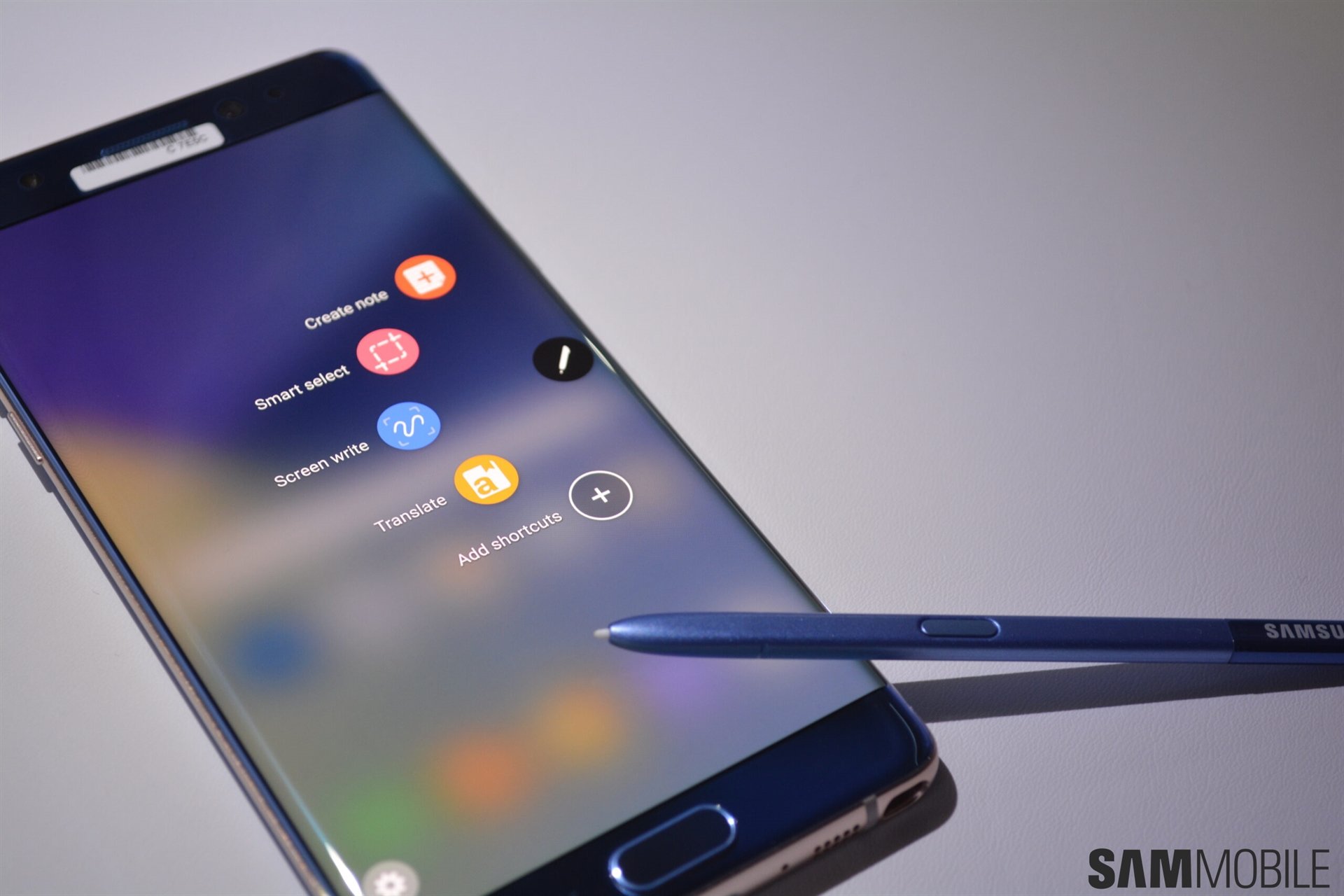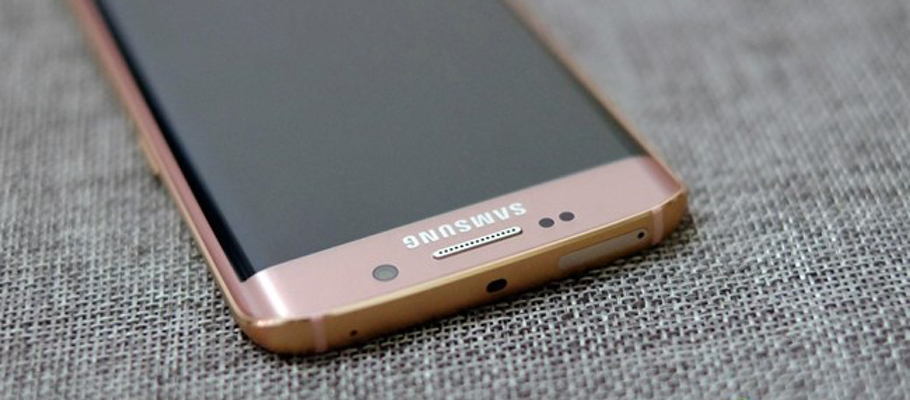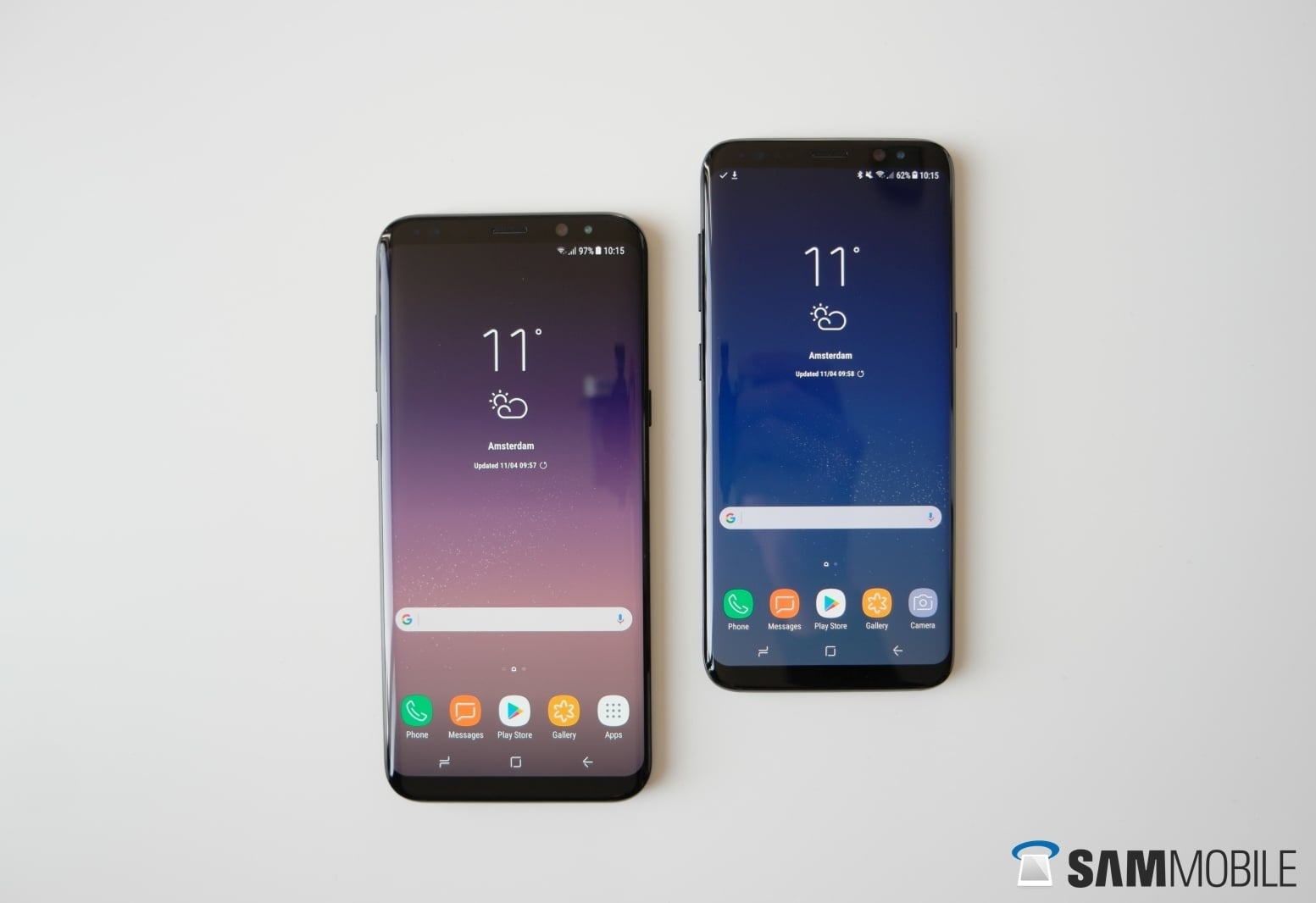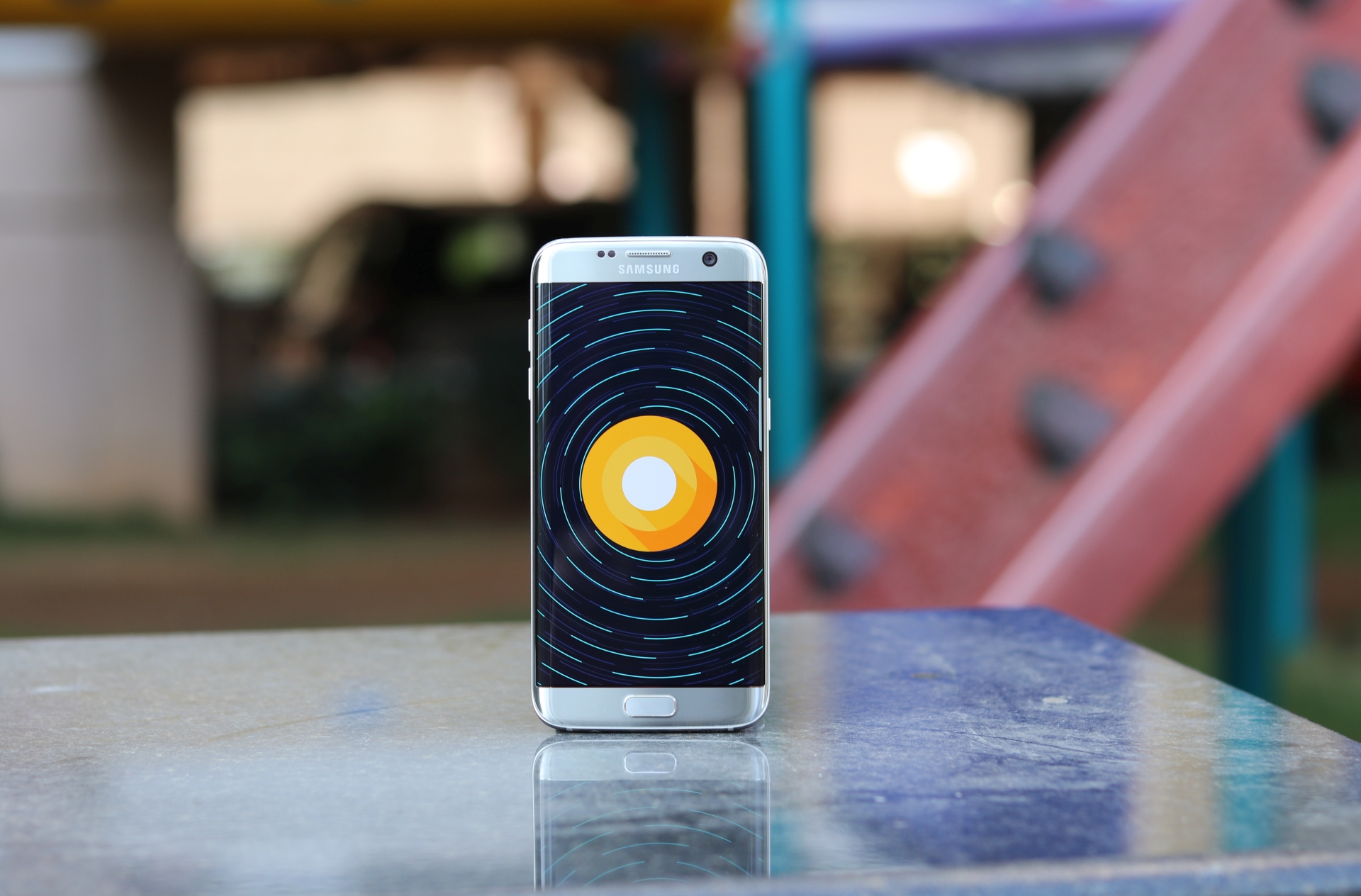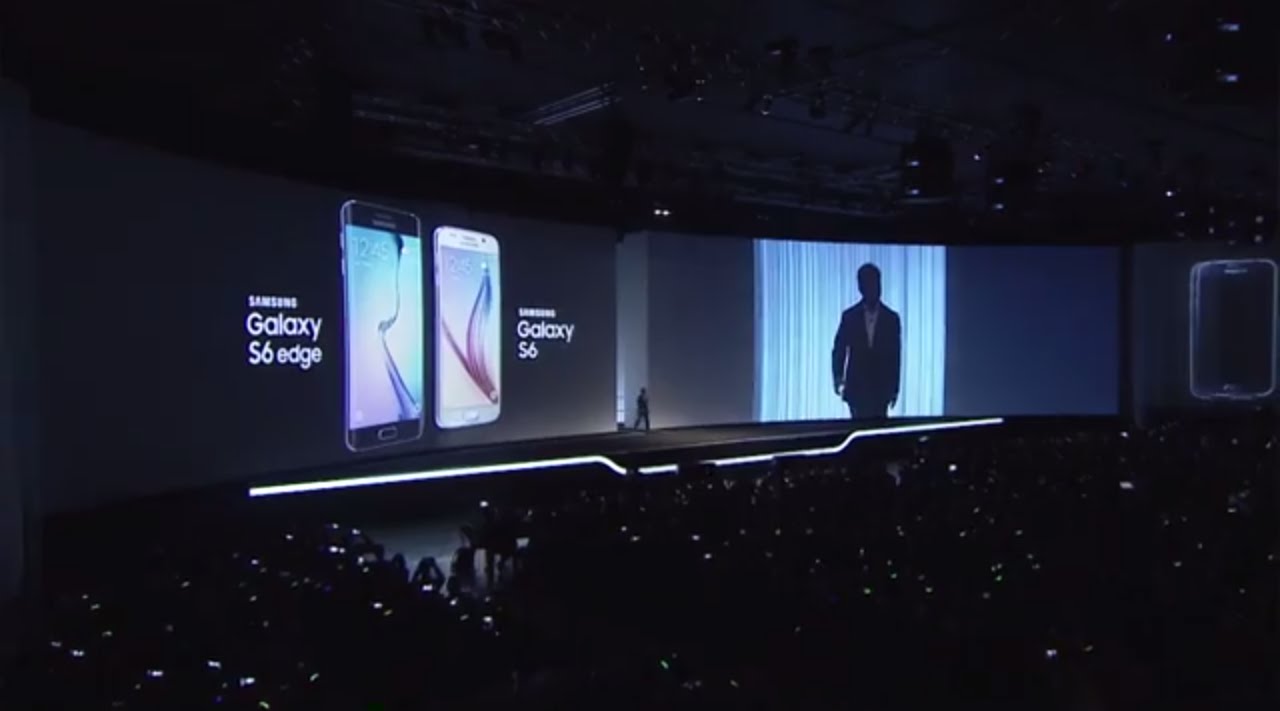
It's all going down on February 21st – Samsung will be unveiling what could be its most anticipated flagship yet a day before Mobile World Congress kicks off. Okay, so maybe every Galaxy S flagship takes the title of the most anticipated flagship before launch, but that is pretty normal considering it's the best-selling high-end smartphone series out there other than the iPhone. But where the hype for the Galaxy S7 (and Galaxy S7 edge) differs is in the huge amount of conflicting leaks that have made it hard to come to a conclusion on what the Korean giant will actually show the world at the next Unpacked event.
Now that Samsung has officially announced its plans to unveil the Galaxy S7 on February 21, we thought it would be a good idea to go over what one can expect from the device. There have been many rumors about the Galaxy S7, but at this point we have a pretty clear picture of the features the phone will offer, so let's get to it.
One of the biggest features the Galaxy S7 has been rumored to include is a pressure-sensing touchscreen, similar to Apple's 3D Touch technology. A few trustworthy sources (such as the Wall Street Journal) pointed out that such a display could be part of the S7, but oddly, we haven't heard much about it in the leaks that have made their way online recently.
Even a retina scanner is said to be a part of the package, in addition to a fingerprint sensor. It's possible the sources of these leaks don't have enough information to be talking about these aspects, and also that Samsung is keeping things tightly under wraps, but we aren't very hopeful to see the company's version of Force Touch or a retina scanner on the Galaxy S7.
What we are hopeful of seeing, and what seems to be pretty much confirmed at this point, is the return of the microSD slot, something we were the first to report a few months back. The entire 2015 went by without a single Samsung flagship offering expandable storage, and it's highly likely sales were affected considerably. Samsung even managed to make the 128GB a non-option with the Note 5 and Galaxy S6 edge+, so it's not surprising everyone is extremely excited that the microSD slot will be making a comeback.
The Galaxy S7 and Galaxy S7 edge are also expected to come with large batteries – 3,000 mAh on the regular S7 and 3,600 mAh on the 5.5-inch S7 edge, with the S7 quoted to be able to last more than 17 hours of video playback on maximum brightness. The battery won't be removable, but with such endurance most consumers shouldn't rue the fact that the battery will be fixed and inaccessible. The Galaxy S6 and Galaxy S6 edge were great phones, and it would be great to see their successors fix the almost abysmal battery life that was offered by the original S6 duo.
Imaging is also set to see major changes this year, with Samsung set to make the move to a 12-megapixel camera sensor. A downgrade from the 16-megapixel sensors the company currently uses, but the new sensor is said to have impressive low-light shooting capabilities, partly because of its low f/1.7 aperture and partly because of a larger pixel size. The camera itself will not protrude as much as it does on existing flagships; all in all the camera performance should be amazing, something we have now taken for granted when it comes to a Galaxy flagship.
Under the hood, the Exynos 7420 processor is set to be replaced by the Exynos 8890 in most markets, and the Snapdragon 820 in others. The 7420 was an excellent SoC and we should see performance improve with the newer chips, in addition to improved multitasking because of 4GB of RAM (hopefully with none of the aggressive task killing of Samsung's current software). On the storage front, Samsung should offer 32GB and 64GB options, and the S7 should also come with a USB Type-C port with charging speeds of 100 minutes for the regular model.
When it comes to design, not many things are changing this time around. Both the Galaxy S7 and Galaxy S7 will look like their predecessors, but with the S7 edge to come with a 5.5-inch display (a Quad HD Super AMOLED panel). Rumor has it that both devices will also be water-resistant. It's a feature that Samsung experimented with on the Galaxy S5 and is present on the Active variants of these flagships, and it could be something that puts the S7 siblings ahead of all other flagships launched this year.
On the regular S7, the back will curve similar to how it does on the Galaxy Note 5 – not just on the left and right, but on the top and bottom as well, which should help improve grip during usage. The Edge panels on the S7 edge will offer the same feature set as that found on Marshmallow on the Galaxy S6 edge. Speaking of Marshmallow, Android 6.0.1 is sure to be running on both devices out of the box. Samsung has made a few changes to its TouchWiz UX for Marshmallow.
Samsung is even reportedly working with a few Google engineers to optimize its software and make it run even more fluidly than iOS. The status bar is now all white with new quick setting toggles, and we should see all the regular features of Android 6.0 present on these devices. Doze should be particularly useful, especially with the bigger batteries under the hood. A feature that is inspired by Apple's Live Photos could also be included.
What about that rumored Galaxy S7 edge+ though? Well, it doesn't seem like such a device will be getting announced with the S7 and S7 edge. What will be announced is Samsung's new Gear 360 virtual reality camera. It will be compatible with the S7 duo and let people create 360 degree imagery. It's the next step after the Gear VR virtual reality headset – let users create their own VR content rather than depending on regular VR content. Retail availability is tipped to begin on March 11, and as our own exclusive report revealed, the pricing isn't expected to change over the S6 and S6 edge.
We'll say it again – the Galaxy S7 and Galaxy S7 edge are probably the most anticipated devices in the Galaxy S lineup. If all the rumors pan out, we could be looking at smartphones that are pretty much perfect, more so than even the Galaxy Note 5. It won't exactly be surprising to see all these features make it to the two phones; after all, Samsung now has a year's worth of experience making metal and glass devices and can now focus on bringing back important functionality that it had to do away with, in its quest for that premiumness everyone had been clamoring for.
We're less than three weeks away from the official announcement, and we will be there at the Unpacked event to bring you live coverage of whatever Samsung has in store for the day. What do you think? Are you looking forward to the Galaxy S7 and Galaxy S7 edge, and do you think these are the devices that will bring Samsung to the glory that it couldn't achieve last year?
Let us know your thoughts in the comments!













